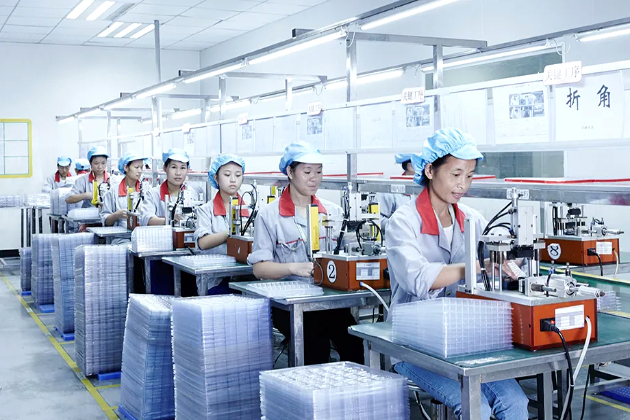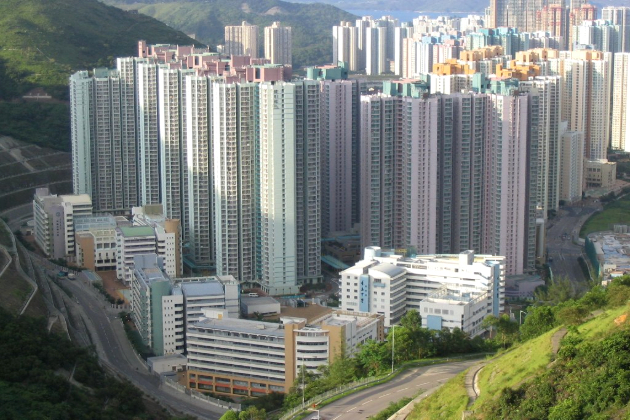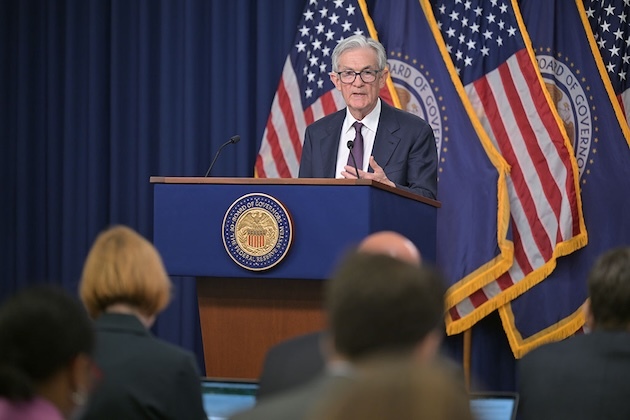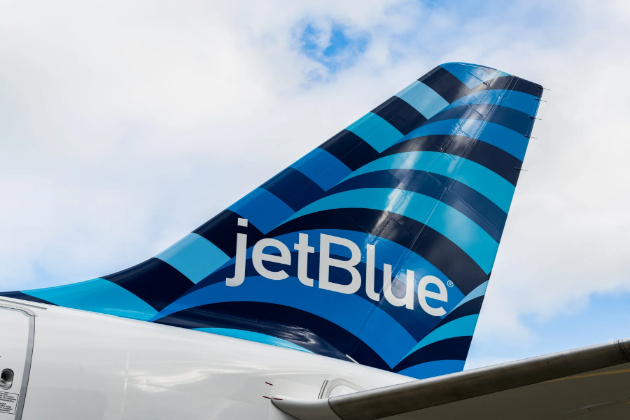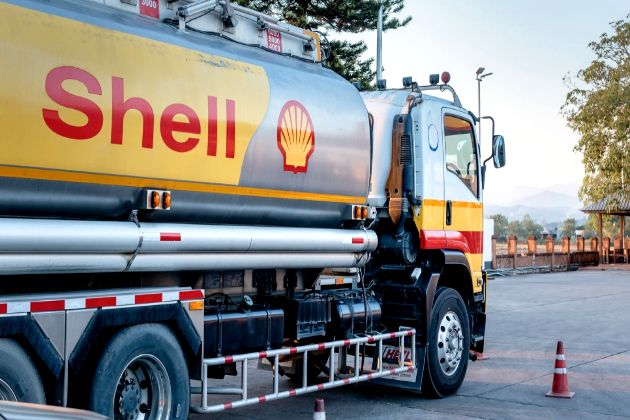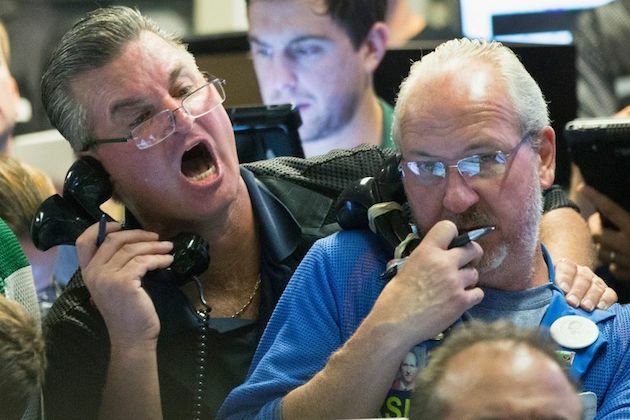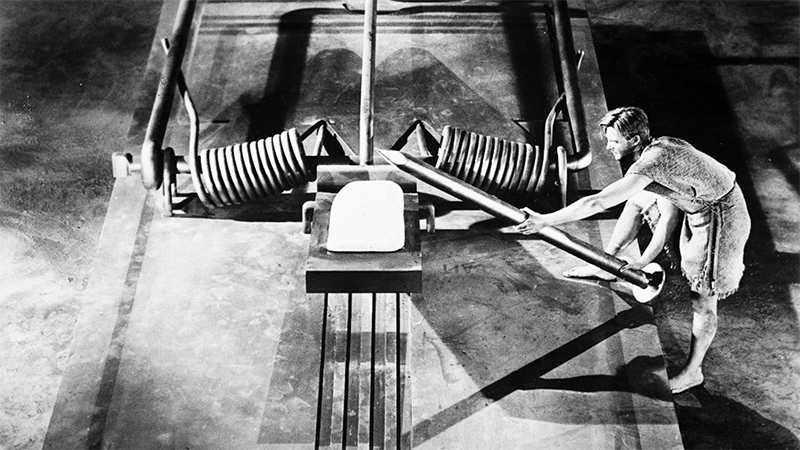UN Reports Details How North Korea Evaded Sanctions
02 Mar 2016, 18:30 GMT+10
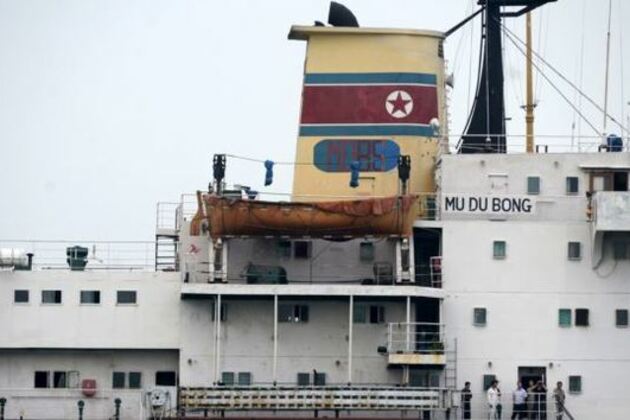
SEOUL - A new study by the United Nations Security Council details how North Korea has effectively evaded international sanctions in the last decade. The study comes as the Council prepares to vote on new sanctions against the secretive and authoritarian state.
The report, written by a U.N. panel that oversees sanctions violations, acknowledges that the four rounds of increasingly stronger U.N. measures imposed on North Korea since 2006, have failed to persuade the Kim Jong Un government to abandon its nuclear and ballistic missiles program.
Given North Korea's recent nuclear test and satellite launch, and its insistence that its nuclear program is needed to deter the U.S. threat, the report says "there are serious questions about the efficacy of the current United Nations sanctions regime."
The U.N. report documents a number of cases where North Korea has evaded sanctions, and reveals how it continues to use the international financial system, airlines and container shipping routes to trade in prohibited items.
A 2006 U.N. resolution requires member states to report all inspections of North Korean cargo suspected of carrying arms or other products that have military purposes, even if no violation is found. But in the last ten years only one member has filed a report.
Southeast Asia, Africa and the Middle East, the report notes, continues to sell North Korea banned military hardware, such as unmanned aerial vehicle components and radar systems.
The government of Myanmar was less than cooperative with the U.N. panel when contacted about the possible involvement of Myanmar-based entity Soe Min Htike in attempts to ship aluminum alloy rods to North Korea. The aluminum rods, which can be used to make nuclear centrifuges, were seized in Japan while in transit in 2012.
The Korea Mining Development Trading Corporation (KOMID) was designated in April 2009 as a main exporter of North Korean goods and equipment relating to ballistic missiles and conventional weapons.
But KOMID has been able to circumvent sanctions on its operations by using a different name and working though the Hong Kong shipping company Leader International.
The China-based Dalian Union International Trading knowingly engaged in trade prohibited under U.N. sanctions by working through a bank account held by the Sunny International Development Company, registered in Hong Kong.
"They adopted concealment techniques such as the use of foreign intermediaries, front company networks and incomplete documentation," said the U.N. report.
In 2015, Britain informed the panel about an attempt by North Korea to buy miniaturized optical equipment for drones through intermediaries based in China and registered in Hong Kong.
Richard Wang (Dewen Wang in Chinese), director of HK Conie Technology, was listed on the export license application for the drone parts.
The U.N. panel identified a trade relationship between HK Conie and a North Korean entity called Korean Pioneer Technology Company Ltd., which reportedly used the alias Korea 21 Trading Company.
In 2013, a member state seized suspected cargo on its way from Beijing to Cairo.
Documentation listed a North Korean company, Ryongsong Trading Co Ltd, as the shipper and an Egyptian company, MODA Authority International Optronic, as the consignee.
The cargo was labeled as "machine spare parts", including relays, "coils," connectors and voltage circuit breakers commonly used in commercial fishing ships.
Upon closer inspection the U.N. Panel found these items were spare parts used in Scud-B missile systems.
In 2014, the U.N. panel examined a North Korean drone that crashed on a South Korean border island and concluded it was likely made by one of two Chinese companies.
Manufacturers in the Czech Republic and Canada also make components used in the Chinese made unmanned aerial vehicles (UAVs).
An examination of the debris of a North Korean Unha-3 rocket launched in 2012 revealed the involvement of a Taipei-based company, the Royal Team Corporation (RTC).
The report explained complicated payment schemes used to get around sanctions.
The panel found that North Korea tried to hide its illicit dealing with RTC by sending payments through a third party company that it ostensibly paid to host a trade show.
The report reveals North Korean military ties with Uganda, Eritrea and Vietnam. It notes the use of armored limousines from Europe in military parades, the transfer of gold and luxury goods from Israel and Ghana, the ongoing involvement of banned North Korean agents from the Reconnaissance General Bureau and North Korean government ties to the Ocean Maritime Management Company, Limited.
The new U.N. Security Council sanctions that are scheduled for a vote Wednesday are intended to prevent future violations by making inspections mandatory, tightening restrictions and increasing financial oversight.
But the detailed extent of past evasions also illustrates the challenge ahead to implement sanctions against North Korea in many countries, including China, where enforcement has been lax.
Youmi Kim in Seoul contributed to this report. Share
Share
 Tweet
Tweet
 Share
Share
 Flip
Flip
 Email
Email
Watch latest videos
Subscribe and Follow
Get a daily dose of Asia Pacific Star news through our daily email, its complimentary and keeps you fully up to date with world and business news as well.
News RELEASES
Publish news of your business, community or sports group, personnel appointments, major event and more by submitting a news release to Asia Pacific Star.
More InformationAsia
SectionHong Kong's economy grows 3.1 percent in Q1, marks ninth straight gain
HONG KONG: Hong Kong's economy grew by 3.1 percent in the first quarter of this year compared to the same period last year, according...
Chinese homeowners slash prices amid resale glut
BEIJING, China: Homeowners in China are slashing prices to attract buyers as a growing number of resale properties flood the market....
Toyota partners with Waymo to advance self-driving car tech
TOKYO, Japan: Toyota is taking a fresh step toward autonomous driving by teaming up with Waymo to co-develop new vehicle platforms...
China's factory activity shrinks at fastest pace in over a year
BEIJING, China: China's manufacturing sector lost steam in April, with activity shrinking at the fastest pace in over a year, as new...
Australian police and partners smashing drug cartels
Every day, police across Australia investigate thousands of incidents—any one of which could unlock a major case on the other side...
Hong Kong home prices fall for fourth month despite stimulus
HONG KONG: Hong Kong's housing market continued to lose ground in March, with home prices falling for a fourth straight month despite...
Business
SectionHong Kong's economy grows 3.1 percent in Q1, marks ninth straight gain
HONG KONG: Hong Kong's economy grew by 3.1 percent in the first quarter of this year compared to the same period last year, according...
U.S. stocks extend gains after FOMC leaving rates untouched
NEW YORK, New York - U.S. stocks advanced on Wednesday while the U.S. dollar made across-the-board gains after the Federal Reserve...
JetBlue pilots oppose new US airline partnership plan
LONG ISLAND CITY, New York: JetBlue Airways' plan to strike a domestic partnership with another U.S. airline is drawing sharp resistance...
Shell beats estimates with $5.58 billion Q1 profit despite 28% drop
LONDON, U.K.: Shell reported a better-than-expected first-quarter profit of US$5.58 billion on May 2, down 28 percent from a year earlier...
Thailand cuts 2025 tourist forecast to 36.5 million
BANGKOK, Thailand: Thailand's finance ministry has revised its projection for foreign tourist arrivals this year, lowering the estimate...
U.S. stocks in retreat, Nasdaq Composite slides 155 points
NEW YORK, New York - U.S. stock markets retreated on Tuesday, with major indices posting losses amid renewed economic concerns, while...




